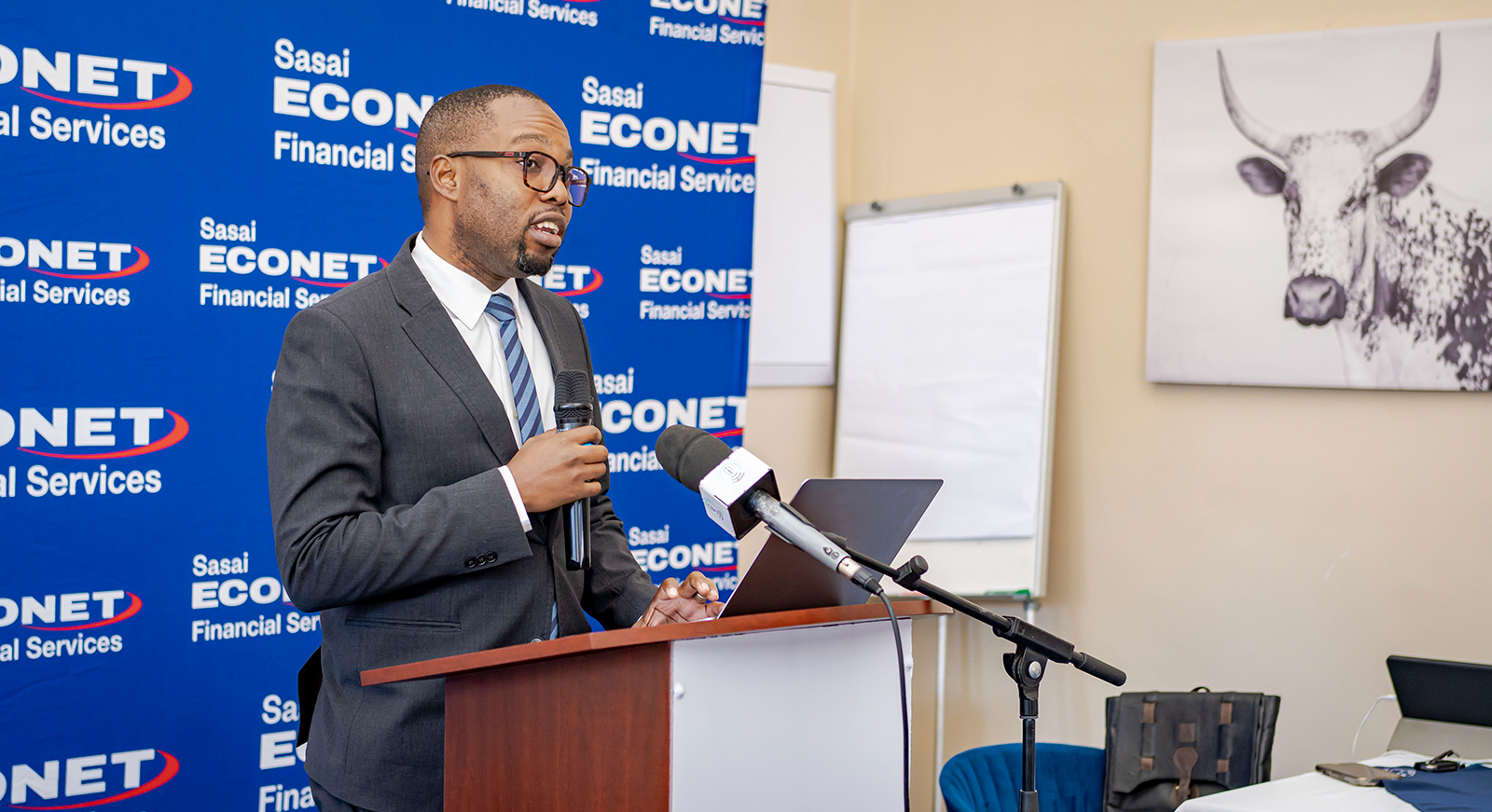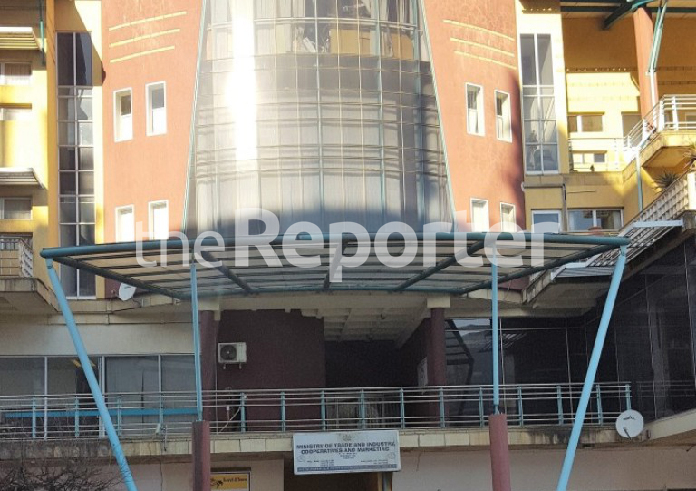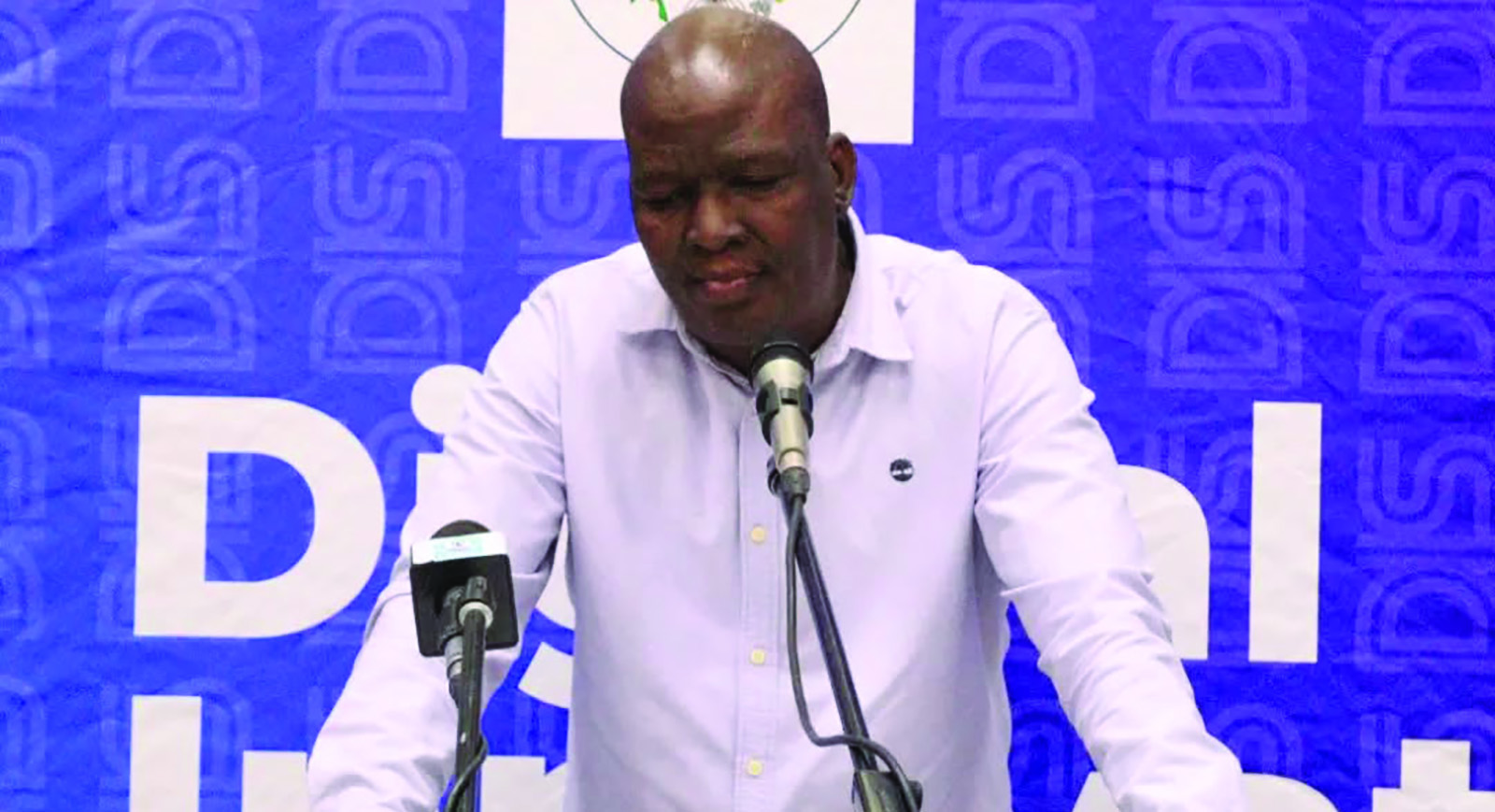We’re sidelined, councillors say

SHARE THIS PAGE!
Community councillors have complained that despite serving as the bedrock of local government, they have not received due attention and are forced to work on a zero budget.
The agitated councillors are demanding a monthly allowance increase from M4,500 to M20,000 and transfer of power from central government to local government, citing their functions outlined in the October 2023 gazette.
However, they say, the government did not allocate an additional budget for the 2024/25 and 2025/26 fiscal budget to allow the councillors to do their work efficiently.
The councillors are also demanding mountain allowances for those serving in highland regions, as is the case with other public servants, such as nurses, who work in similar conditions.
Presenting their concerns before the parliamentary committee on law and public safety this week, Tumelo Leboto, representing the community councillors committee, argued that this allowance is necessary to compensate for the harsh conditions in which they work, including inclement weather, difficult terrains, and limited access to basic amenities.
“Given our extensive duties and the significant burden placed on us, we believe it is only fair that our allowances be increased to better reflect the vital role we play in our communities.
“For far too long, we have been overlooked and ignored, even though we are the cornerstone of local governance. The roots of our country’s development are in local government, but we have not been cared for as we should be,” Leboto said.
Coming at a time when devolution and decentralisation are crucial, local governments are the solution to national challenges, he added.
Leboto further explained that the current allowances and salaries for councillors are based on the Local Government Act of 1997, which is no longer relevant given changes in their workload.
“Our remuneration is still determined by an outdated law. The Act stipulated that councillors would meet once a month, but now we convene council meetings three times a week. This increased workload demands a corresponding increase in our allowances,” he pointed out.
Leboto also voiced concerns over the delay in the implementation of the Decentralisation Policy of 2014. Despite the policy being in place, he expressed councillors’ disappointment that the government seems hesitant to fully enact it, thereby failing to fully empower local governments.
The councillors accused the government for dragging its feet on implementing the policy, which should have led to greater decentralisation of power and responsibilities.
Leboto further noted that decentralisation is the key to effective governance, adding that in order to address the specific needs of communities, councillors must be empowered with the authority and resources necessary to make decisions at the local level.
Councillors have been integral to Lesotho’s national reforms process since its inception, and during consultations, it was clear that many citizens supported the idea of a two-tier government structure, comprising both local and national governments.
“We have been involved in national reforms from the beginning. It was apparent during our consultations with Basotho that many citizens wanted a structure with two levels of government — local and central government — in order to ensure efficient and effective governance,” Leboto stated.
The councillors further highlighted their concern about the lack of implementation of the Public Financial Management and Accountability Act of 2011.
We have also observed with concern that Section 21 and Section 34 of this Act, which address the allocation of funds to local governments, have not yet been implemented. This inaction hampers our ability to carry out our duties effectively, as they e not have access to the necessary financial resources, Leboto pointed out.
He said despite the frequency of council meetings, allowances paid to councillors are subjected to VAT, “which is unjustifiable”.
“Due to the diverse responsibilities of councils, these meetings are essential for ensuring that the appropriate issues are addressed and that our communities’ needs are met,” he added.
Leader of the opposition, Mathibeli Mokhothu concurred with the councillors, highlighting the importance of decentralisation as a key issue that Lesotho should strive towards to become more stable.
Mokhothu emphasised that local governments should be empowered with not only the responsibilities of roads, water, school and clinic care, and environment and land management, but also with the budget required to carry out these tasks effectively. “Decentralisation is not just a buzzword,” he said.
Mokhothu cited the interference of the central government in local government affairs as a major problem, particularly with regard to road infrastructure and unpaid projects known as ‘likhakeletsi’ (silt traps).
“It is of grave concern that the central government continues to intrude in the work of councillors, meddling in matters like road infrastructure that should be the responsibility of local governments,” Mokhothu said.
The chairperson of the parliamentary committee, Mothofela Ramakatsa, said the issue of decentralisation and salary increase for councillors had already been discussed in parliament, but lack of cooperation between the ministries of Local Government and Finance had hampered progress.
“We have previously addressed these issues in parliament. However, it appears that lack of coordination between the relevant ministries has prevented the implementation of these important reforms,” he indicated.
Nonetheless, Ramakatsa recognised the vital importance of decentralising power to local government for the efficient provision of services to communities.
As a result, the committee resolved to invite representatives from the relevant ministries and other stakeholders to appear before the committee to explain why there had been a delay in implementing these changes.
“We must strive to transfer power to local government as this will help bring services closer to the people. The committee will now invite those responsible for this delay to account for their inaction,” Ramakatsa added.

PAC unfazed by LEC court bid
6 days ago
Sasai launches EcoCash agents campaign
7 days ago
Small-scale miners’ long wait finally over
7 days ago
Journalists schooled on Insolvency Act 2022
8 days ago
LNIG Hollard pumps M1m into gospel event
8 days ago
We’re sidelined, councillors say
8 days ago
Victory for artisanal diamond miners
8 days ago
Memorial service for MCA boss
9 days ago
